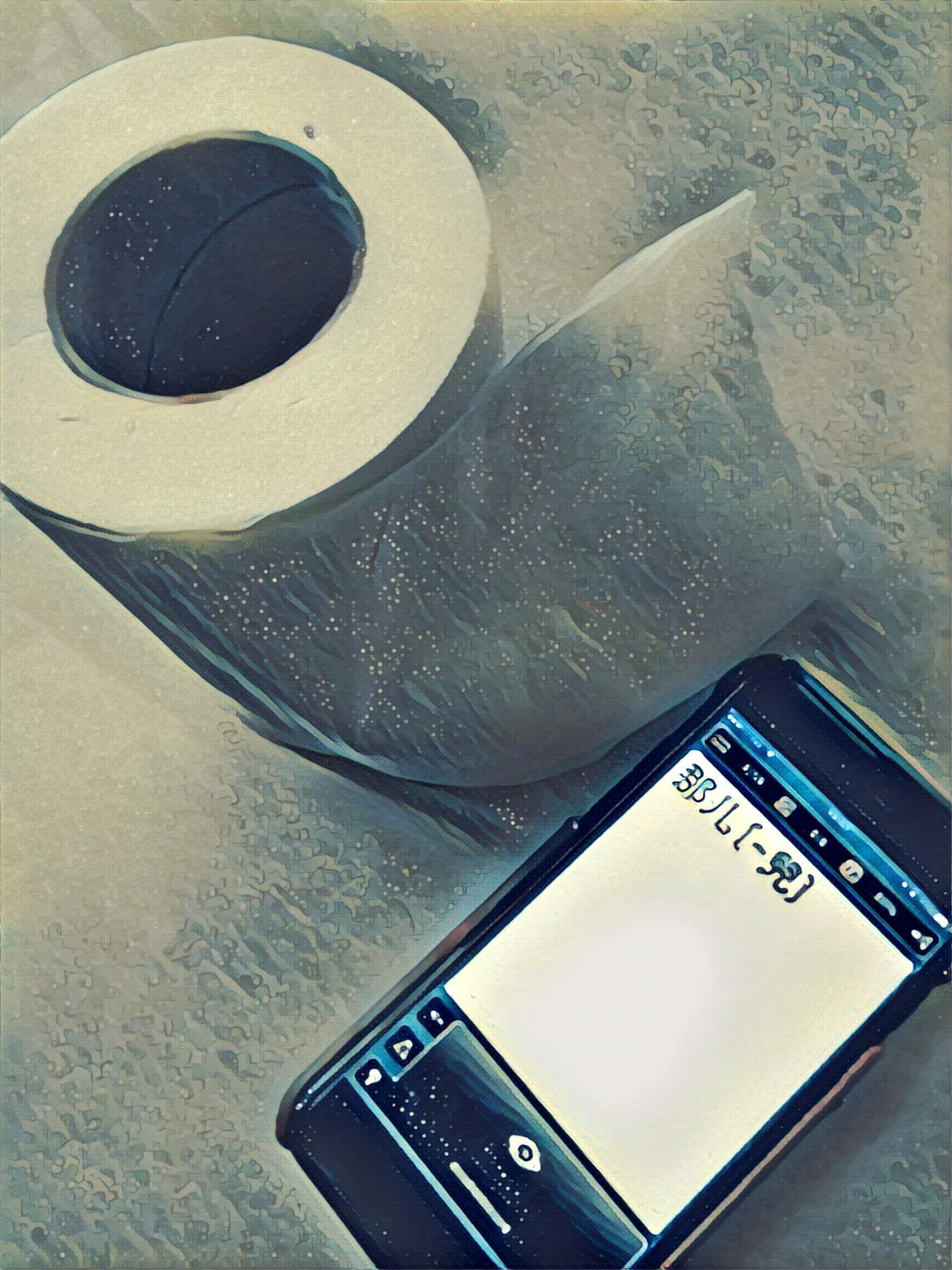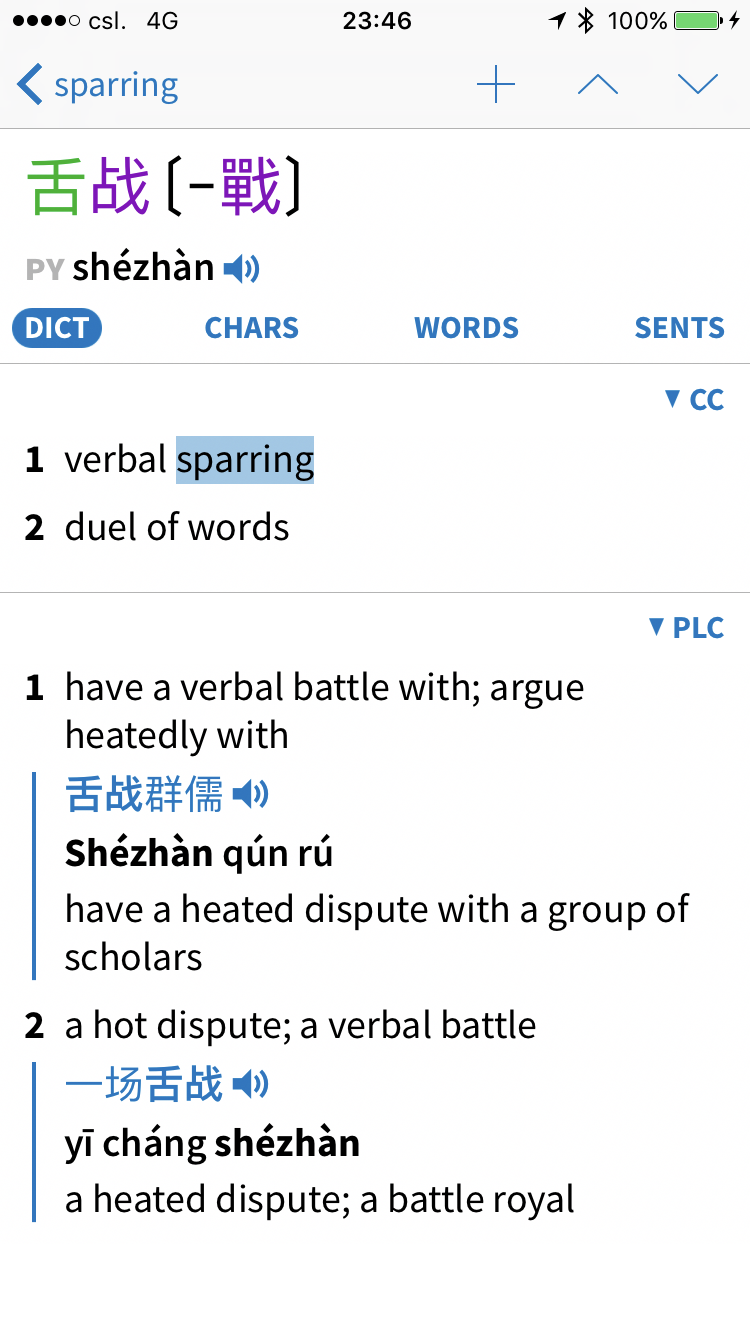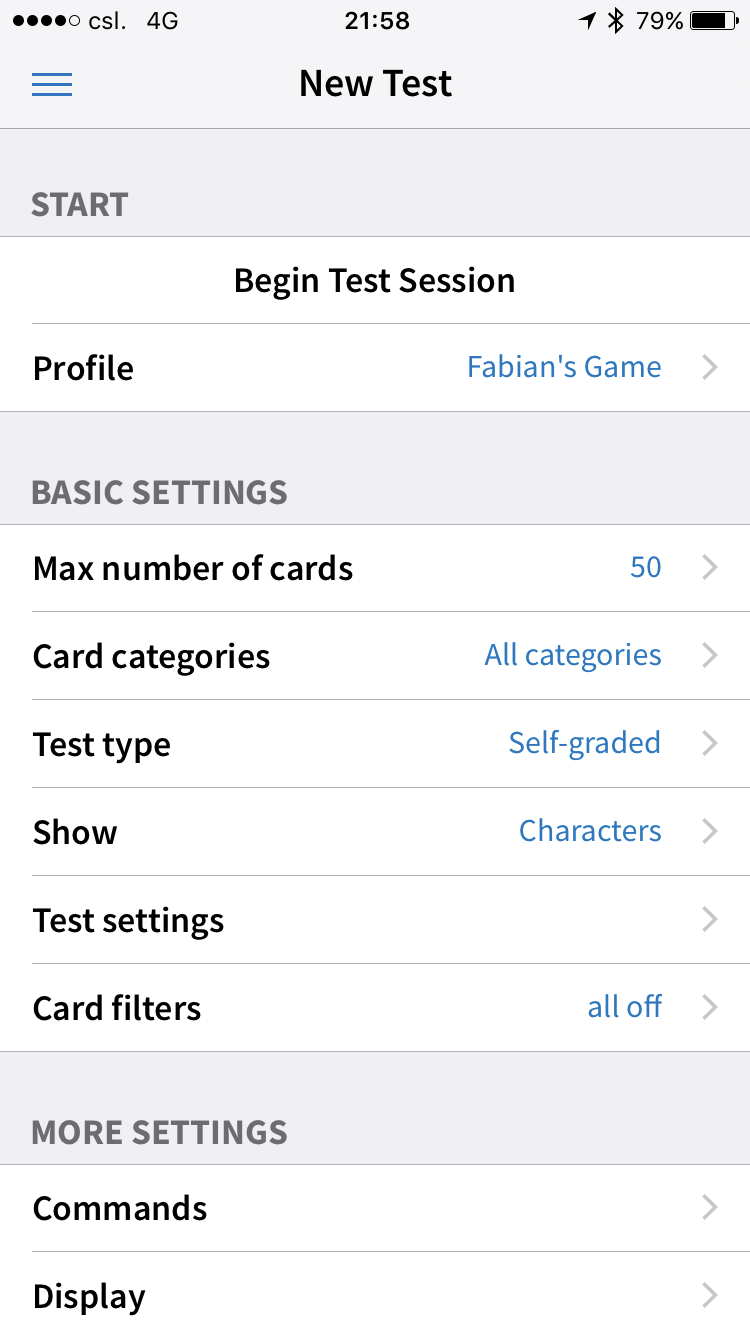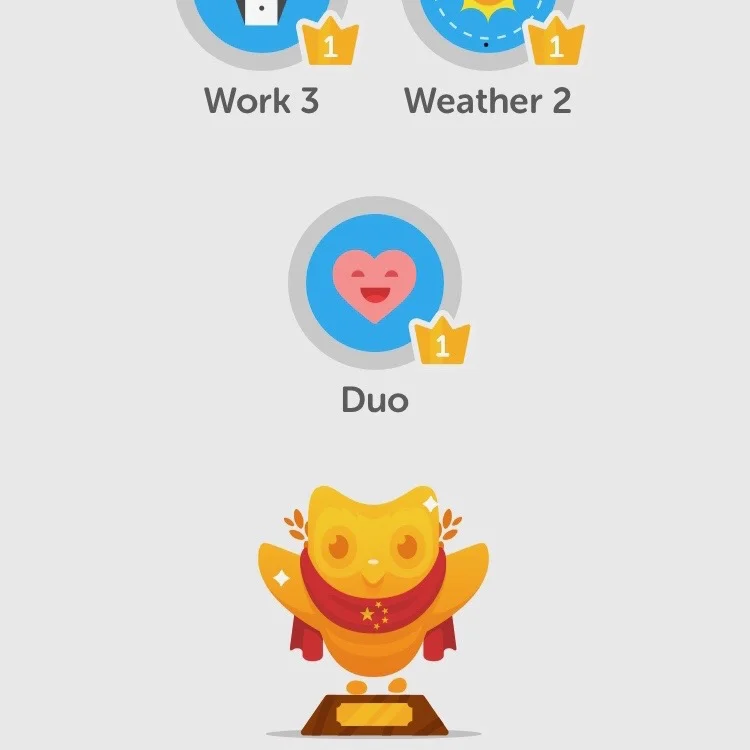Angry Cards and Vocabulary Crush – Playing Games You Can’t Lose
About four years ago, long before the whole world roamed the streets hunting Pokemon to catch 'em all, there was a game called Candy Crush at least equally addicting.
I was a late adopter but at the end gave in and installed the game on my iPhone. What started as a fun way to shorten the commute to work or to extend a toilet break turned quick into a rabbit hole swallowing more and more time. I started to look for opportunities to play wherever I could, breaks (including the ones in the bathroom) started to get longer and the five minutes playing in bed before sleeping, shortened my nightly rest significantly. I guess I am just not very good at moderation.
The Candy Trap – How Game Addiction works
According to a Time article, the main reasons for the addictiveness of Candy Crush are that...
- it makes you wait,
- it provides positive rewards,
- you can play it with one hand,
- it never ends,
- it doesn’t force you to pay, but makes it easy if you chose to,
- it taps into your inner child,
- it’s social,
- it’s an escape,
- it stays exciting by getting modified.
Techaddiction.ca, a website helping victims of video game addiction has a list of 15 reasons why video games, in general, are addictive that covers most of the arguments from the Time article.
Reflecting on myself, I guess the reasons two, six and three were the main reasons to start, reason number four and nine kept me interested, and reason number eight was the true driver of my unfolding addiction.
For me as a chronic procrastinator, the game started to become a welcome way to escape whatever I was supposed to do.
On a business trip to China, after I spend again far too much time playing the game instead of hitting my pillow, I felt outright disgusted with myself and realized that I had to do something. I deleted not only Candy Crush but also all other games from my phone and decided, that instead, I would use a vocabulary flashcard app to fill idle moments and to shorten commutes.
I figured that I should be able to emulate at least a few of the factors that kept me invested in dissolving virtual candy but in an entirely guilt-free way.
Getting Catfished, in a Good Way
After some research I found Pleco. Pleco, named after a catfish species, is by far the most sophisticated dictionary app available for Chinese. At the core, Pleco it is a dictionary app with a rich choice of free and paid Chinese dictionaries. On top, the app has features such as optical character recognition via camera, audio readings for all characters and a very sophisticated flash card system. The later was my prime interest when installing Pleco.
Everything in Pleco but the basic dictionaries has to be purchased separately. The flashcard module, for example, cost US$ 9.99. If you are serious about learning Chinese, it pays to pony up US$ 29.99 to get the Basic Bundle, which includes not just the flashcards but also the OCR, handwriting recognition and Audio Files. There is also a Professional Bundle for US$ 79.99 that includes all content of the Basic Bundle plus six additional dictionaries.
I for my part only bought the flashcard system, but for quite a while consider upgrading to either one of the two Bundles. No matter for which option you decide, your money is well invested. Pleco is very generous when it comes to transferring your license between different operation systems. If you ever switch your mobile ecosystem from iOS to Android or vice versa, you will not lose your software license. The two times the software had problems after an update, the customer service reacted quick to my request and solved the problem fast.
Filling-up the Pool – Before you can Drown in It
Before being able to “play” you must fill your database with cards. You can import ready-made flashcards for the HSK Chinese exam, create own cards or do what I did, look up vocabularies in the dictionaries and add the words with a simple tap to the card pool. I started adding vocabulary from word lists I got from Chinese courses I have done a few years prior. These days I simply add a new card whenever I come across a word that I find interesting.
When adding a card, you can assign it to a card category. I use this, to track the sources of my vocabulary. When starting a flash card test, you can specify if you want to draw cards from all card categories or only from specific ones. You could, for example, created categories for every lesson in a book or every semester in a course, to be able to learn targeted for an exam.
I created a special category called “bad words,” explicitly for swear words and dirty talk. This separation gives me the opportunity, to exclude this category when doing a test, to be sure my set of cards is clean if I have for example my little niece peeking over my shoulder.
Currently, the total number of cards in my database is 1,388. Unfortunately, the “bad word” category only has 38 entries. No wonder I don’t understand it when taxi drivers talk to me. I am open for good additions! Feel free to send me your favorite Chinese swear words!
Building the Game, You Can’t Lose
Pleco’s flashcard system has so many parameters to set, that essentially you can create a game entirely customized to you.
The most important decision is what you want to yourself test for. For me reading ability is the main learning objective. Therefore I choose to display only the Chinese characters.
I look and try to recall the correct pinyin romanization with the correct tones and the English translation. I then hit “reveal” and see the solution. If I knew both I mark the card as correct, else as incorrect. Self-grading requires some discipline, if you are afraid that you give yourself unjustified passes too often, you better resort to other options available like “fill-in the blank,” “multiple choice test” or “tone practice.”
The next question you need to consider is how many cards you want to be tested on at a time and from which cards test is composed. My standard test always consists of 50 cards; this gives me a test length of 10-15 minutes, perfect for my subway commute.
I usually draw cards randomly from all categories (unless I prefer to do a clean set and exclude my bad words). With the managed cards feature I fixed that 90% of the 50 cards in any tests are “unlearned” cards and only 10% are drawn from the pool of cards I already learned. I also restricted the pool of unlearned cards to 300 at a time, to achieve a reasonable frequency of card repetitions.
My standard for a learned word is pretty high: a word is only learned if I was able to get it completely right five consecutive times. Every time I get it wrong, the counter starts at zero again.
As mentioned you have a lot of flexibility with Pleco. You could, for example, construct a test that is repetition-spaced and tests cards in a frequency determined by a card scoring system. This system is recommended by a lot of learning scientists, the better you know a card the more seldom it is shown. I, however, prefer the simpler system. At the end, it is all up to you and your needs.
Still Waiting for the End Boss
Since about four years ago, my vocabulary game is the only game I play on my mobile phone. According to the statistic module, I did 55,359 repetitions (one repitition is a single card, so doing one of my tests accounts for 50 repetitions) and know currently about 480 of the 1,388 words and sentences in my database. I peaked about one and a half year ago at 520 known cards and am stagnating ever. It almost seems as if I have reached my capacity limit for character recognition. I guess to break through the current level I would have to do more than just one set of flashcards every other day. Overall I am not unhappy with my result. Being able to read almost 500 words in Chinese is a way better reward as some colorful digital batches, that I would have earned catching pocket monsters or hauling choleric birds at pigs.
That I still play after four years shows, that the idea is working. While my vocabulary game lacks a lot of the elements that make a video game addictive, it still evokes almost the same emotions. I get terribly angry if I get a card wrong that I should have known and feel quite pleased with myself if on a good day, I recognize 30 out of the 50 cards in a test.
The game has positive rewards, it provides a never-ending challenge and it works as a little escape to forget the surrounding, without being disruptive to my productivity or my sleep.
So even without a runaway success in my low effort attempt to learn Chinese, I consider the experiment a win.
I am sure, I will continue to play. Let’s see if I manage at last to reach the next level.











